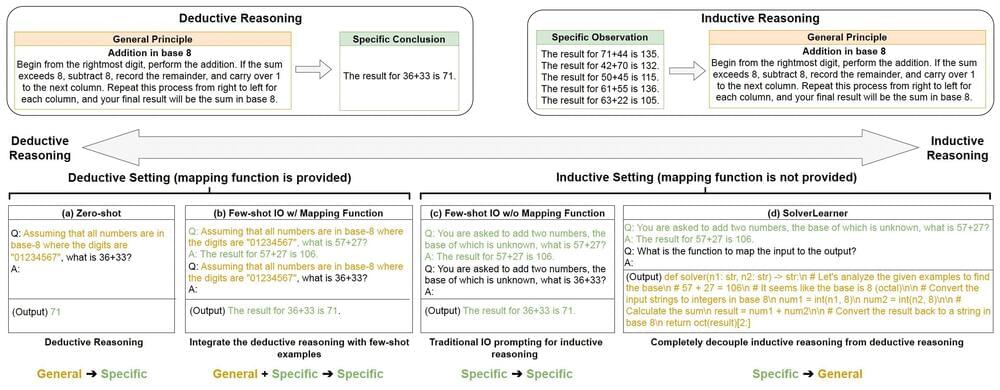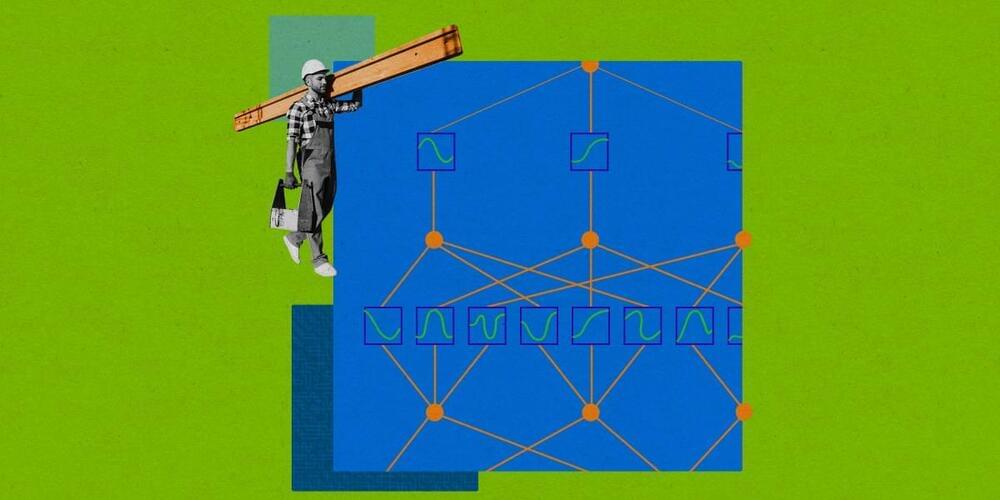
Reasoning, the process through which human beings mentally process information to draw specific conclusions or solve problems, can be divided into two main categories. The first type of reasoning, known as deductive reasoning, entails starting from a general rule or premise and then using this rule to draw conclusions about specific cases.
This could mean, for instance, building on the premise that “all dogs have ears” and “Chihuahuas are dogs,” to conclude that “chihuahuas have ears.”
The second widely used form of reasoning is inductive reasoning, which instead consists of generalizing (i.e., formulating general rules) based on specific observations. This could mean, for instance, assuming that all swans are white because all the swans we encountered during our lifetime were white.

















